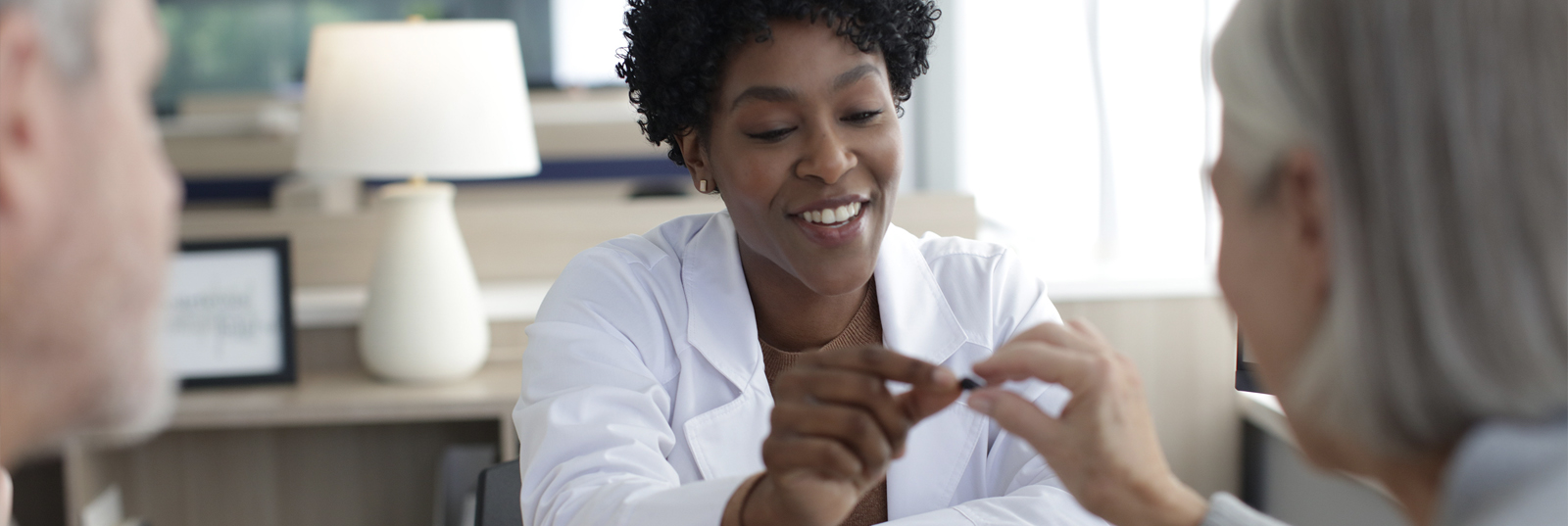Getting your hearing checked should be routine, like getting your teeth cleaned. Because each ear is unique, hearing loss requires personalized care through a trained, licensed hearing health professional.
With an abundance of hearing health options coming to market and varied information being shared, it is important that individuals affected by hearing loss are provided the right tools to make informed decisions. After all, hearing health is directly connected to overall health and well-being.
Some decisionmakers in Washington are oversimplifying a very complex issue by narrowly focusing on the costs associated with hearing aids, when in fact there are many other factors that have a much stronger influence on whether or not a person seeks hearing help.
Reasons people ignore hearing loss:
- Physical comfort
- Embarrassed to wear them
- Hearing aids’ inability to restore natural hearing
- Sufficient hearing in most situations
- Lack of severity in hearing loss
- Having more serious priorities
Ignoring hearing loss can cause lasting damage to physical and mental health, emotional wellbeing and everyday life. Unfortunately, many people wait to get help.
On average, people wait 7 years between first noticing their hearing loss and finally taking action.
The effects of delaying treatment:
- Diminished psychological and overall health
- Impaired memory and ability to learn new tasks
- Reduced alertness and increased risk to personal safety
- Avoidance or withdrawal from social situations
- Fatigue, tension, stress and depression
- Reduced job performance and earning power
Ignoring hearing loss can cause lasting damage to physical and mental health, emotional wellbeing and everyday life. Unfortunately, many people wait to get help.

Adults with hearing loss are up to 5 times more likely to develop dementia

Hearing loss is linked to a three-fold risk of falling

Untreated hearing loss increases the risk of depression by 40 percent
- Recognize and accept you need help
Millions of Americans suffer from hearing loss, and denial impacts more than just you. It can cause frustration, concern and confusion among loved ones and those you interact with daily. - Make an appointment with a hearing healthcare professional
Hearing health professionals – whether an audiologist, hearing aid specialist or ENT – are the only ones who can diagnose your hearing problem and determine how to treat it. The initial hearing consultation consists of a hearing analysis, a lifestyle discussion and most importantly weighing solution options. - Maintain treatment, annual hearing tests, and follow up appointments to live a fuller, healthier life
Today’s best hearing aids are intelligent and provide life-changing benefits to improve health and wellness. By amplifying sounds you want to hear and diminishing sounds you don’t, hearing aids ensure you never miss the moments that matter most.
What about cost?
One of the first things first-time hearing aid buyers want to know is, “How much is a pair going to cost?” The answer is: “It depends on what you need.”
In other words — people have different hearing needs, not all hearing aids are alike, and not all service packages are the same.
Hearing aids fit by a hearing health professional range from around $1,400 to $1,600 per pair, a cost that can include clinical evaluations, ear impressions, hearing aid fitting, three-year care and warranty plans, follow up consultations and adjustments, and ear and hearing aid cleanings.
When considered along with other quality-of-life items that people pay for monthly (for instance, cell phones, cable TV or even coffee), the financial investment is comparable and worth it.

